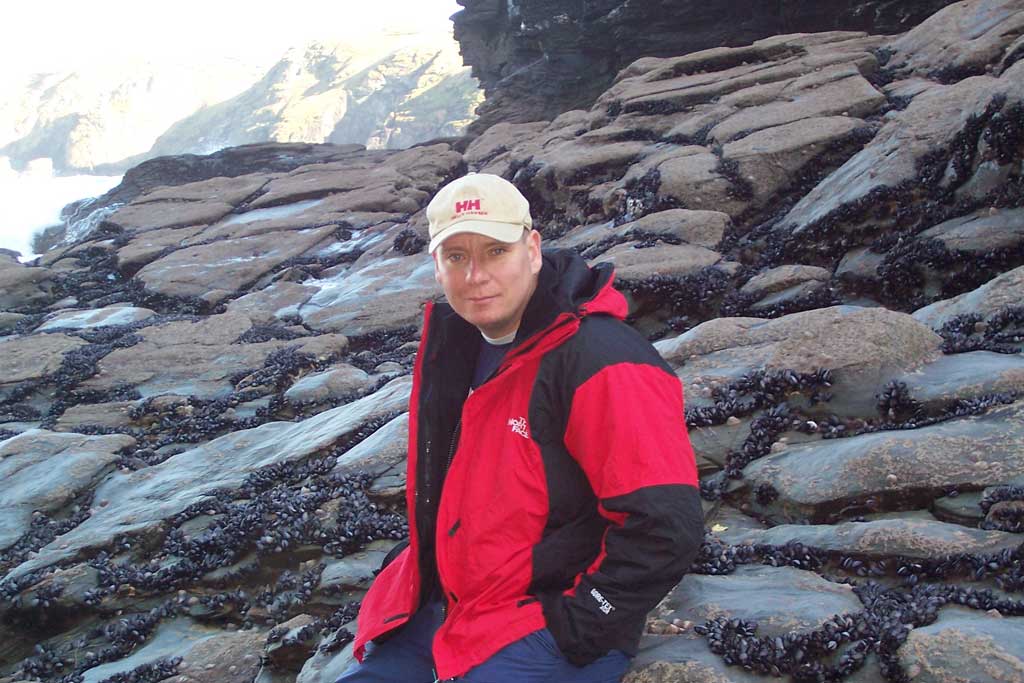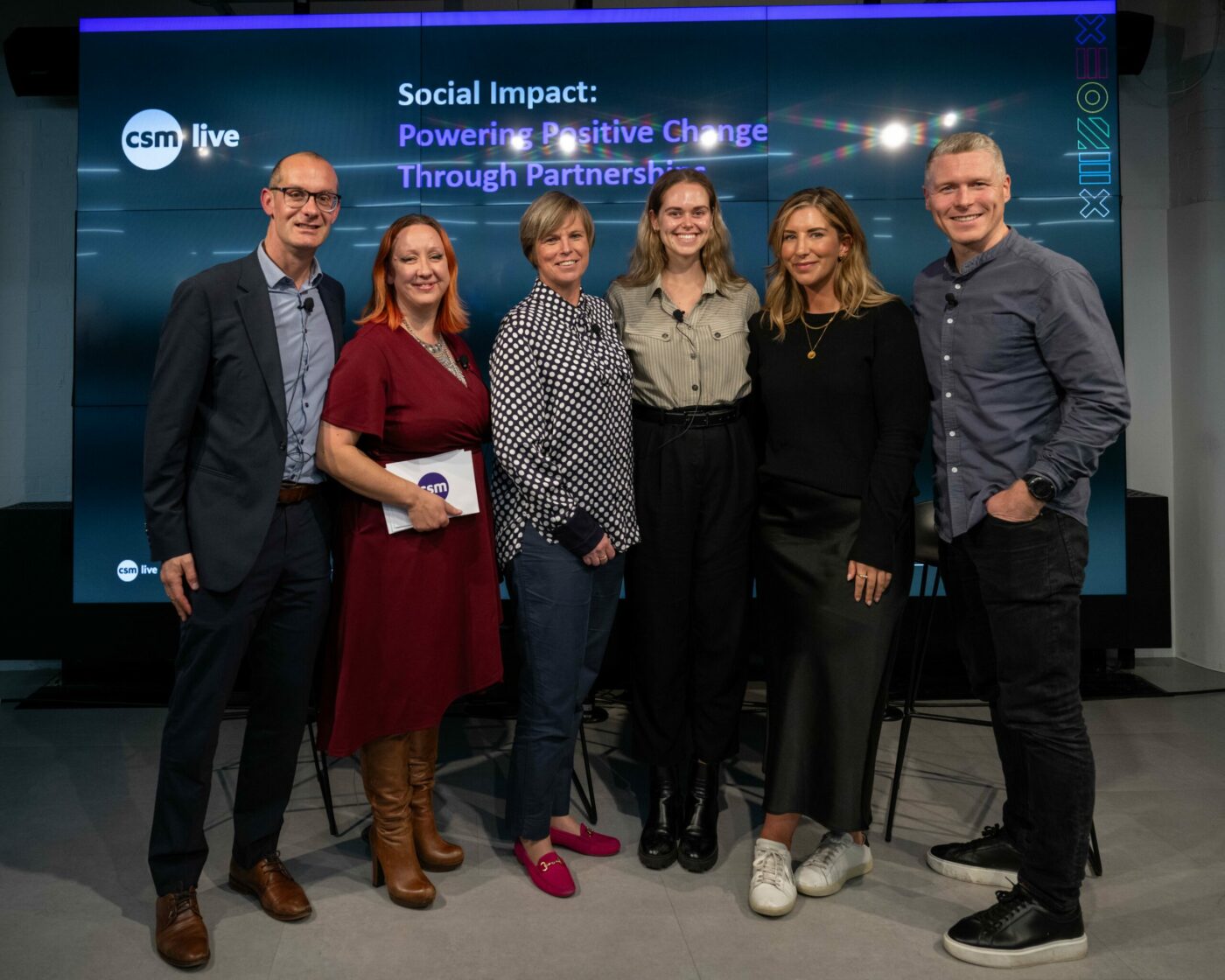Tell us a little bit about yourself, what area of CSM Live do you work in and what does a day in your life look like?
My Name is Carl Bentley and I have now been with CSM Live for three years. I work in the Overlay and Fitout team at the Basingstoke office. My main role within CSM Live is looking after the Longines equestrian account; Longines are the title sponsors of many horse events around the world and we provide them with trained manpower and logistics support for approximately 100 events a year around the globe.
In a normal week we would have at least one event running, at which we will have moved all of the Longines jumping equipment (Wings, poles, walls) all of the large replica clocks (approx. 10) and all of the merchandizing equipment (watch display cases, sponsorship items), filling a very large arctic truck. We would also have sent at least two people to set up all of the equipment on site to ensure that all clocks turn at the same second and all of the other Longines items are kept at the highest standard throughout the event. Once the event has finished the team pack up and return home or bounce on to the next setup.
You have a long and distinguished career in the armed forces, can you tell us about it? What inspired you to join?)
Before joining CSM Live I was in the British Army for 25 Years and served in the Royal Engineers. Joining the Army was the only thing that I ever wanted to do from being a very young boy. I think the main reason was that I had come from a military family, with 4 generations of men having served in the armed forces. Although I never felt any pressure to join the forces I think it was in my blood, so as early as I could, at 16 years of age, I took the Queens Shilling (it was a little more than that in 1992) and got on the train to Chepstow to start my basic training.
What did you learn in the armed forces that you may not of without joining?
I gained many qualifications whilst in the army to aid me in moving to a civilian job such as project management, construction certs, leadership, coaching and mentoring, teaching and management qualifications to name but a few. However many of the skills that are learnt in the Armed Forces are unseen, without a name or qualification. Things like adaptability, flexibility and making clear, informed decisions under pressure, are key skills within our industry.
What made you change careers and join CSM Live?
When I left the Army, I wanted to start a totally new career and move away from the comfort zone of “green”, so I started looking at various websites and links. I saw an advert on a website for the job at Basingstoke and at first glance I passed it by as it talked about budget handing, finance, artwork and print – all of which I had never done. But I revisited the link and read further. Once I unpicked the detail and adapted the phrasing used, I soon realised that I had most of the skills required to be successful in the job role.
What attributes developed throughout your career have helped in CSM Live?
Some of the key skills that I use daily are:
Organisation. It may seem obvious but having a plan at the earliest stage possible (even if the plan changes), and passing this plan on to my team and keeping them in the loop allows for freedom of thought and sharing feedback. The plan will develop throughout the session, so being flexible is also key.
People management. I can have between 15-20 team members working across 9 different countries, so I must ensure that they have all the support that they need to complete the events to the client’s high standard.
Continual learning. Throughout my time in the Army there were always courses that I had to attend to progress my career and most of this progress was mapped out. I had gaps in my skillset when I started at CSM, but with a willingness to learn, and having been given the support, the gaps have all been more then filled. But that does not mean that I cannot learn in other areas of the industry.
What would you say to anyone in the forces that is looking to progress their career outside of military service?
Don’t undermine the skills that you have. You have many skills and sometimes is just the phrasing in the advert or interview that is different to what you are used to. Learn civilian terms and don’t be afraid of the unknown. Have the courage to step out of your comfort zone – it’s worked wonders for me!









